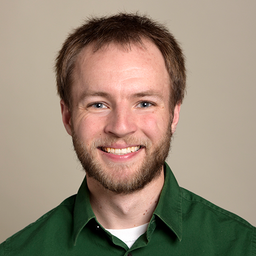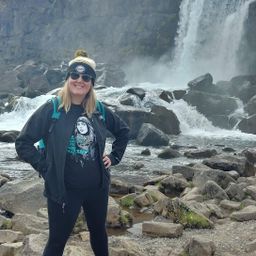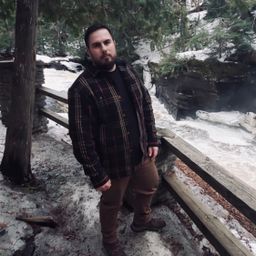Scalar sustainability in UNESCO’s industrial heritage : community geographies of the slate landscapes of Northwest Wales
My Session Status
As a country ubiquitous with industry and the industrial revolution, the identity of the United Kingdom, and Wales specifically, is rooted into the mines, mills, and factories which drove the nation’s development. However, as much of that industry has now left, communities remain with cultural, economic, and environmental scars. One world-wide solution to this shift has been tourism (Çela, Lankford, Knowles-Lankford 2009; Cuccia, Guccio, and Rizzo 2016; Di Giovine 2008; Pérez-Álvarez et al. 2016; Xie 2015). However, while there are always many promises of sustainable economic growth and/or opportunities that result from industrial heritage, particularly the prestige of a UNESCO World Heritage designation, there have not been many systematic assessments of those impacts (Harrison and Hitchcock 2005) compared to the number of studies focused on cultural and political implications (Baird 2013; Muehlebach 2017). This paper seeks to determine how cultural and economic values intersect with sustainable tourism and industrial heritage in the bidding, planning, and implementation of The Slate Landscape of Northwest Wales UNESCO World Heritage Site. Driven by community-generated questions of over-tourism and sustainable heritage across cultural, economic, and political leaders, this work partners 13 transdisciplinary industrial heritage scholars from Michigan Technological University with heritage scholars at Bangor University to work alongside community members in evaluating the long-term impacts and planning of the recently designated WHS. Utilizing ethnographic, geospatial, and archaeological methods, this paper not only answers the scope of sustainability across the slate heritage landscapes, but steps back in self-reflection upon the role of community-based research in institutionalized industrial heritage, such as UNESCO’s World Heritage Sites. Furthermore, engaging geographical theories and methods in industrial heritage further links historical, but often overlooked, transdisciplinary possibilities (DeSilvey and Edensor 2013; Emery 2018; Warren 2017).
Baird, M. 2013. ‘The breath of the mountain is my heart’: indigenous cultural landscapes and the politics of heritage, International Journal of Heritage Studies 19 (4): 327-340.
Beynon, M.J., Jones, C., Munday, M. and Roche, N. 2018. Investigating value added from heritage assets: An analysis of landmark historical sites in Wales. International Journal of Tourism Research 20 (6): 756-767.
Çela, A., Lankford, S., and Knowles-Lankford, J. 2009. Visitor spending and economic impacts of heritage tourism: a case study of the Silos and Smokestacks National Heritage Area. Journal of Heritage Tourism 4 (3): 245-256.
Cuccia, T., Guccio, C. and Rizzo, I. 2016. The effects of UNESCO World Heritage List inscription on tourism destinations performance in Italian regions. Economic Modelling, 53, pp.494-508.
DeSilvey, C. and Edensor, T. 2013. Reckoning with ruins. Progress in Human Geography 37 (4): 465-485.
Di Giovine, M.A. 2008. The heritage-scape: UNESCO, world heritage, and tourism. Lexington Books.
Emery, J. 2018. Belonging, memory and history in the north Nottinghamshire coalfield. Journal of Historical Geography 59: 77-89.
Harrison, D. and Hitchcock, M. eds., 2005. The politics of world heritage: Negotiating tourism and conservation. Channel View Publications.
Muehlebach, A. 2017. The Body of Solidarity: Heritage, Memory, and Materiality in Post-Industrial Italy. Comparative Studies in Society and History 59 (1): 96-126.
Warren, J. 2017. Industrial Teesside, Lives and Legacies: A Post-industrial Geography. Palgrave.
Xie, P. F. 2015. Industrial Heritage Tourism. Channel View Publications









